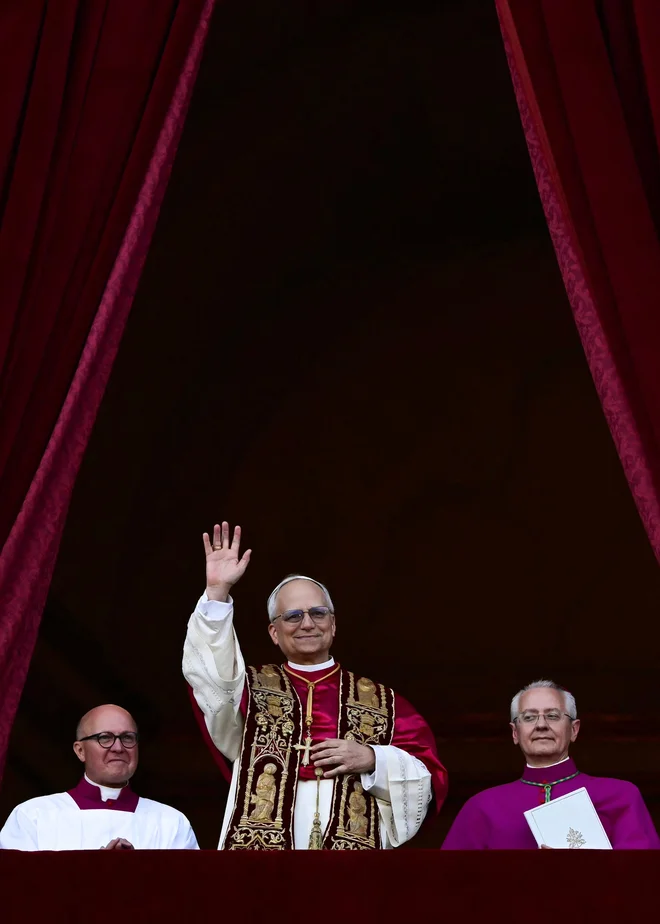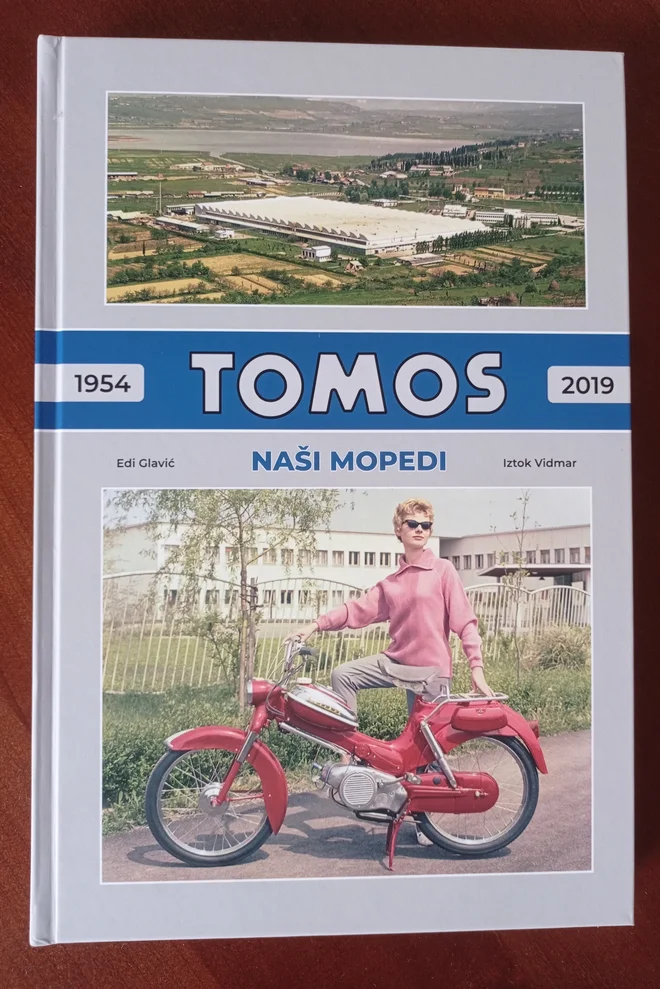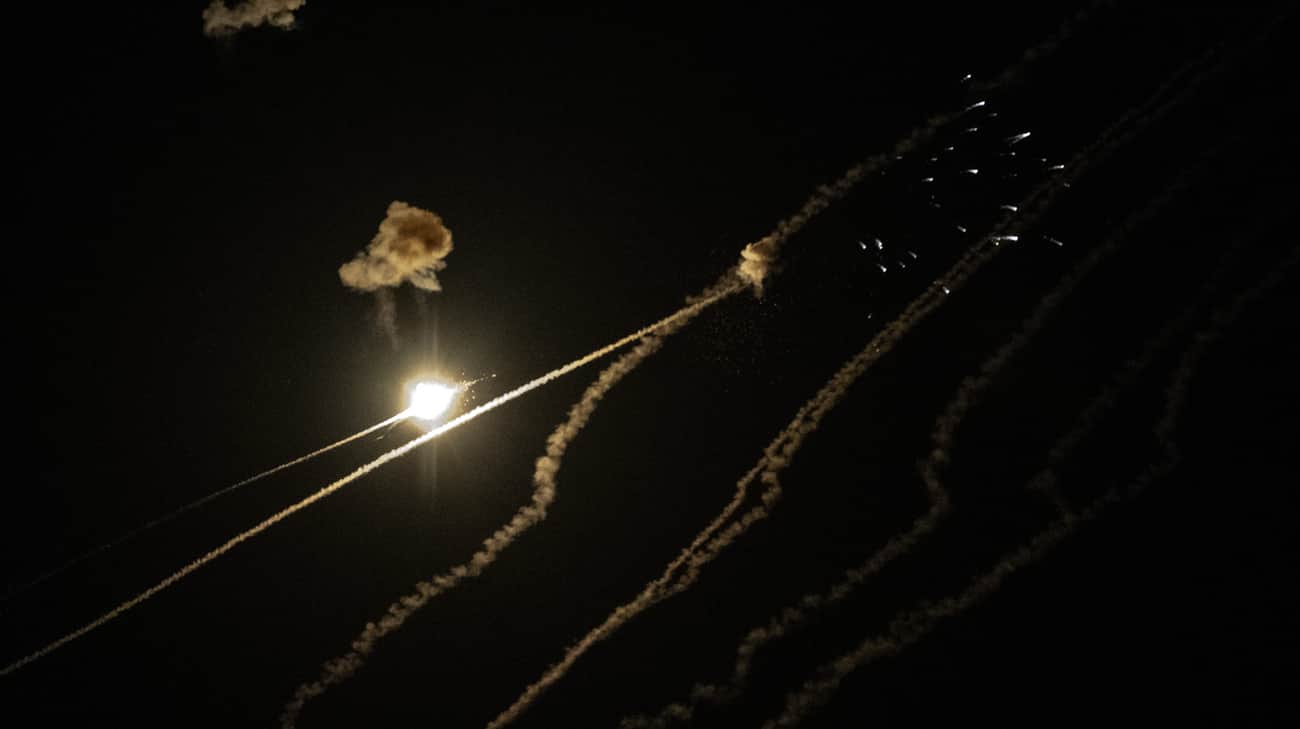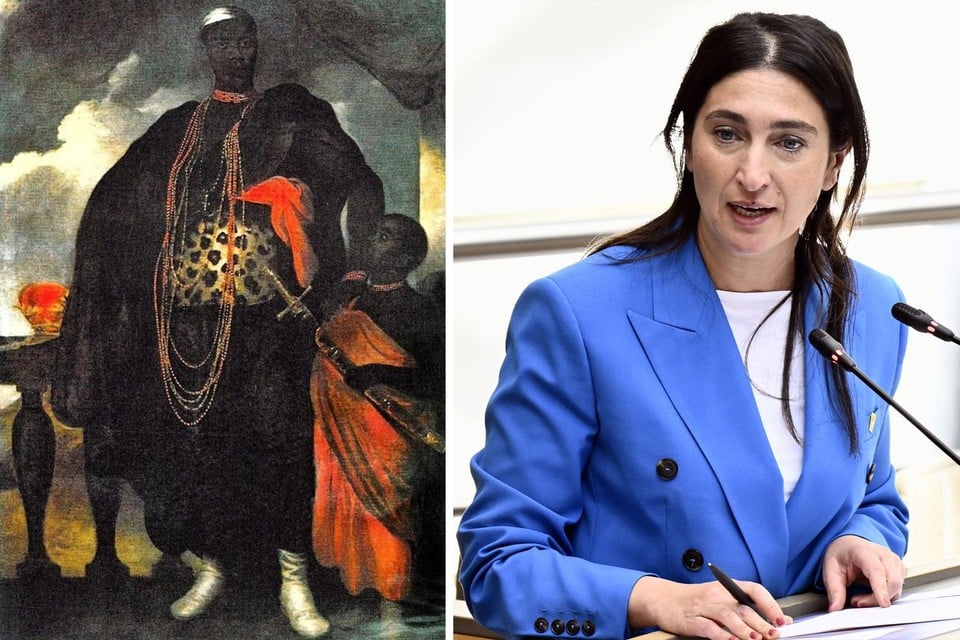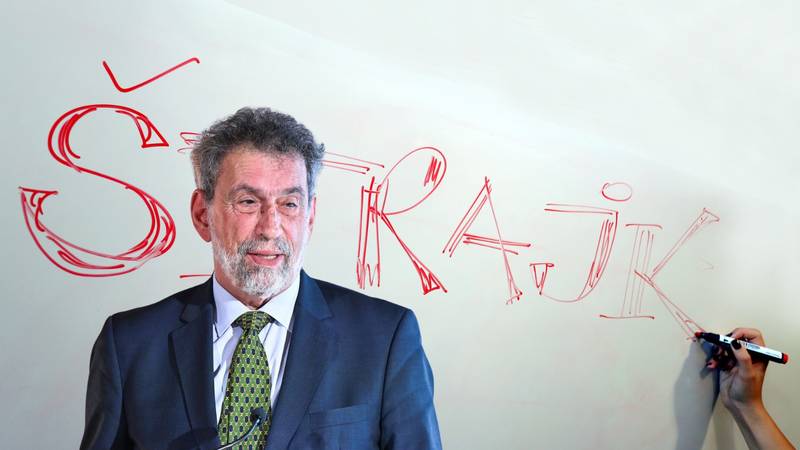New Pope Leon XIV. – Step back to the church fortress?
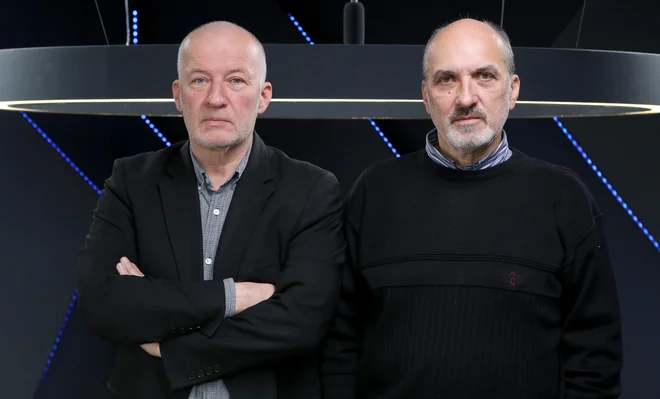
Workabmenter Or Žerdin and John Markeš and their interlocutor Tone Hocevar dissect the election of a new pope Leona XIV. The first impressions indicate a sharp cut with Francis’s heritage, and Markeš warns against returning to times Leona XIII.when the church clung to the feudal authorities and was fighting for modern movements.
The dust barely settled after the death of Pope Francis, and yesterday around eight in the evening the world was given a new chief of the Catholic Church – Leon XIV. A name that immediately awakens memories. « It relies me to the street, which was my neighboring, Leona XIII, » Hočevar immediately fired, remembering Leon XIII. as « the father of the social policy of the Catholic state », but at the same time an unwavering « anti -communist, anti -capitalist, anti -all. »
Marchesh, however, immediately puts things in a sharper context. Leon XIII, he points out, was one of the « sharp critics of the Enlightenment, » which cannot be a coincidence. « United Italy was the reason why the papacy hated Enlightenment, » explains Markeš, as the Church felt like a « captive » by reducing the « 0.4 square kilometer in the Vatican ».
Leon XIII. According to Markeš, « how to preserve the old feudal grandiosity of the Catholic Church and how to capture new trends. » Liberalism examined and discarded it, communism Karl Marx But there was an even greater threat to him. Markesh leaves no doubt: the encyclical « Rerum Novarum » (1891) was nothing but « ideology that took the ideology in the sense that the working class must be dropped to Marxism and Communism and baptized it. »
And now we’re here at Leon XIV. Born as Robert Leveausays Markeš, who is inexorable in his first assessment: « Only the name he chose when he became a pope, we waited an hour to see him. » Indicative is that « he did not say a single word in English. »
Three Markesh things scream about the profile of the new pope. First, the work: « He appeared again with a gold chain, with a gold ring, in short in the old ornate, which means a sign of power. » Secondly, name only: “Leon XIV. The actual succession of Leon XIII. All that you said was actually in his mind, they obviously studied it. « Third, the ice language of the body: » He had no pastoral inclination to sheep (…), but performed (…) as a remote shepherd who wants to communicate with people, but between them is a glass barrier. «
Markesh’s diagnosis is clear: « The pendulum actually swung to the right, from left to right. » It is over with Francis, which « the doctrine was not interested in as long as the man was hungry. » At Leon XIV. “However, it will not happen that the doctrine would suffer. This is obvious now. I may be wrong, but I don’t think it is. « The new pope, an American with Peruvian citizenship who spent 20 years as a missionary in the poor Peru, in Markes, he » named identity « by the name of Leon XIV.
« This is his name and his program, » Markes points out, adding: « This one will behave the way Leon XIII behaved. » Recall: Leon XIII. was « against the Communists, against the Enlightenment, against the Masons, against the Socialists and against the Liberals, » although he advocated the right to private property and honest payment to workers.
Zerdin of the garden, is it not a variation of Christian socialism. Markesh responds with a historical excursion about Catholic liberalism and later Christian socialism John the Evangelist Krekwhich Leon XIII is. « Strictly advised. » That’s why « Solidarism » appeared Andrej Gosarto avoid a red touch. According to Markeš, the Church always tried to « domesticate » dangerous movements, « as it is now that the clergy » bless engines because it had previously belonged to some wild groups of rocker origin. «
What tells us the twenty -year stay of the new Pope in Peru, the land of « infinite poverty » where he worked among the Indians? Hočevar points out that Peru already fell « under the American structure, the doctrine of the invasion of the gospel, which is paid by US capital. » However, Marquer asks how the Cardinals even thought when the American was elected at a time when « America literally loses a superpower position when China is rising. »
According to him, the choice of a name that goes into a « retro program, that is, to hold on to something irresistible » is poor. He expresses suspicion that « the church is in a panic, that Francis’s paradigm would not go too far. » Paradoxically, however, he claims that for the institution of the Church, « the only solution to resort back to the paradigm of Leon XIII. » For the Church enters the « insignia of new feudalism » while the world slides into « techno-feudalism » as Varufakis describes it, « that will not be good. »
Marquer warns against the loss of the huge capital brought by Pope Francis: “He has succeeded in establishing a moral authority and persuasion in the non -Christian world, in the atheist and Muslim worlds. He has substantially replaced the role of the United Nations. «
Hocevar fears that they will « give up in many ways very quickly ». Žerdin also reminds of uncritical enthusiasm for John Paul II.who later faded at the realization that « there was » some things and moves very wrong. » Marches names that John Paul II is. Otherwise, he opened the way to Europe, but also in « even greater deception », that is, the « neoliberal market economy ».
The new Pope comes from the « Human Resources », Congregations for Bishops. « This is a man who has the greatest control this moment, » Hočevar said, adding that he also knows the Slovenian Church well, which « sunk to the back » various scandals, from financial failures to pedophilia.
Markesh points out that Central European clericalism, including Slovenian, was always « on the radar of the Vatican ». Despite the skepticism of the Pope’s delivery and names, Markes sees a beam of hope: « Maga’s » Make American Great Again « has already attacked him, but I liked it. » « I would have taken my fears and concerns back with great pleasure, » says Markeš, if it turns out to be true.
But the first impressions are strong. Marquer does not hide the fear that « the church will be placed in the Leon position », which would bypass historical progress and try to « capture the working class on the one hand, and on the other, to retain feudal rights. » He is afraid of the loss of Franciscan « pure humanity and empathy. » For Leon XIV, concludes Marquer, they will count actions, not words.
“He has a gauze here, we have world peace here (…). He can prompt America: make peace in Gaza, stop supporting Zionism. « Hočevar adds that the new pope will have to deal with Africa from » extremely conservative « American evangelicals and face the situation in Latin America, especially in his Peru, the cradle of theology of liberation, which is now » occupied by at least one -third « .

